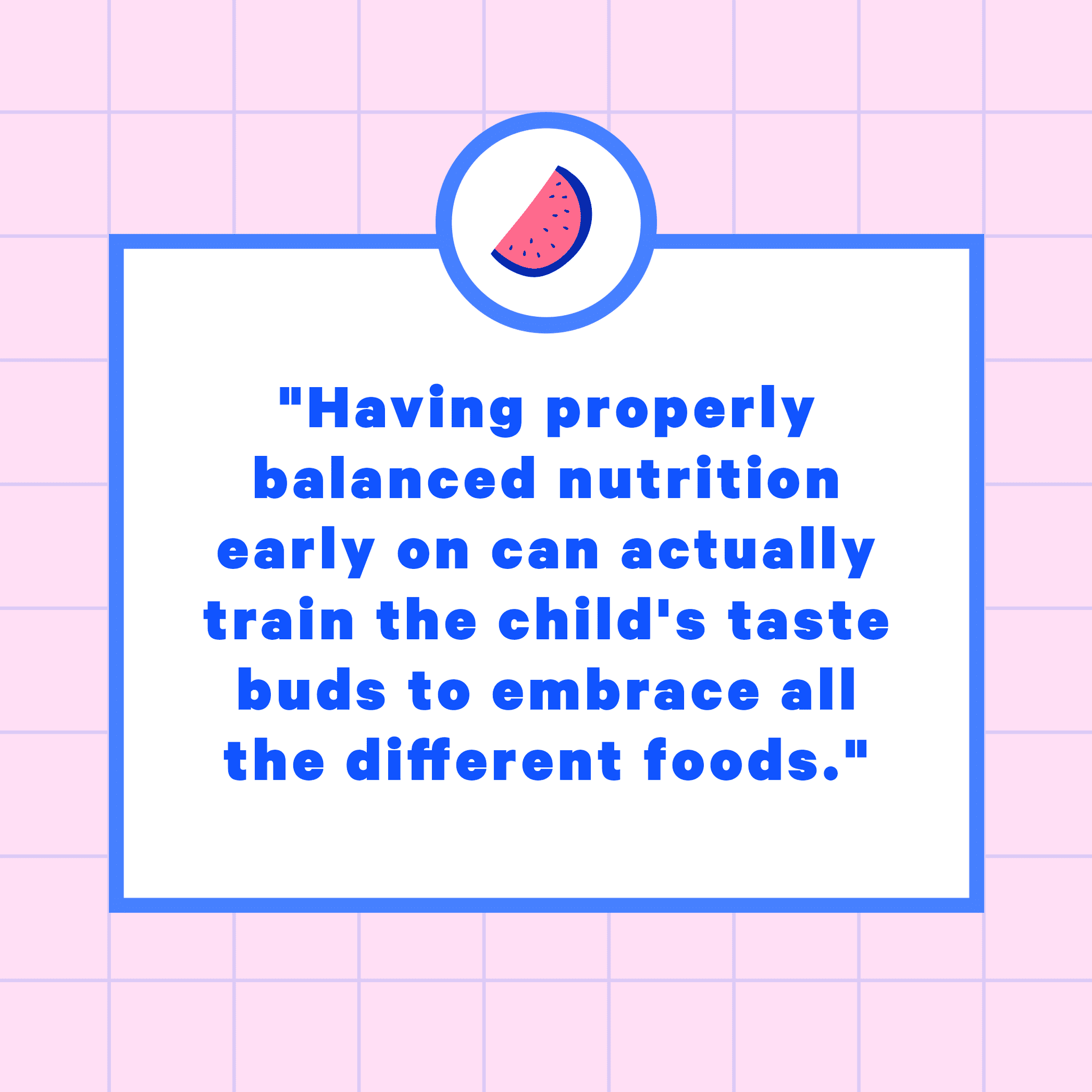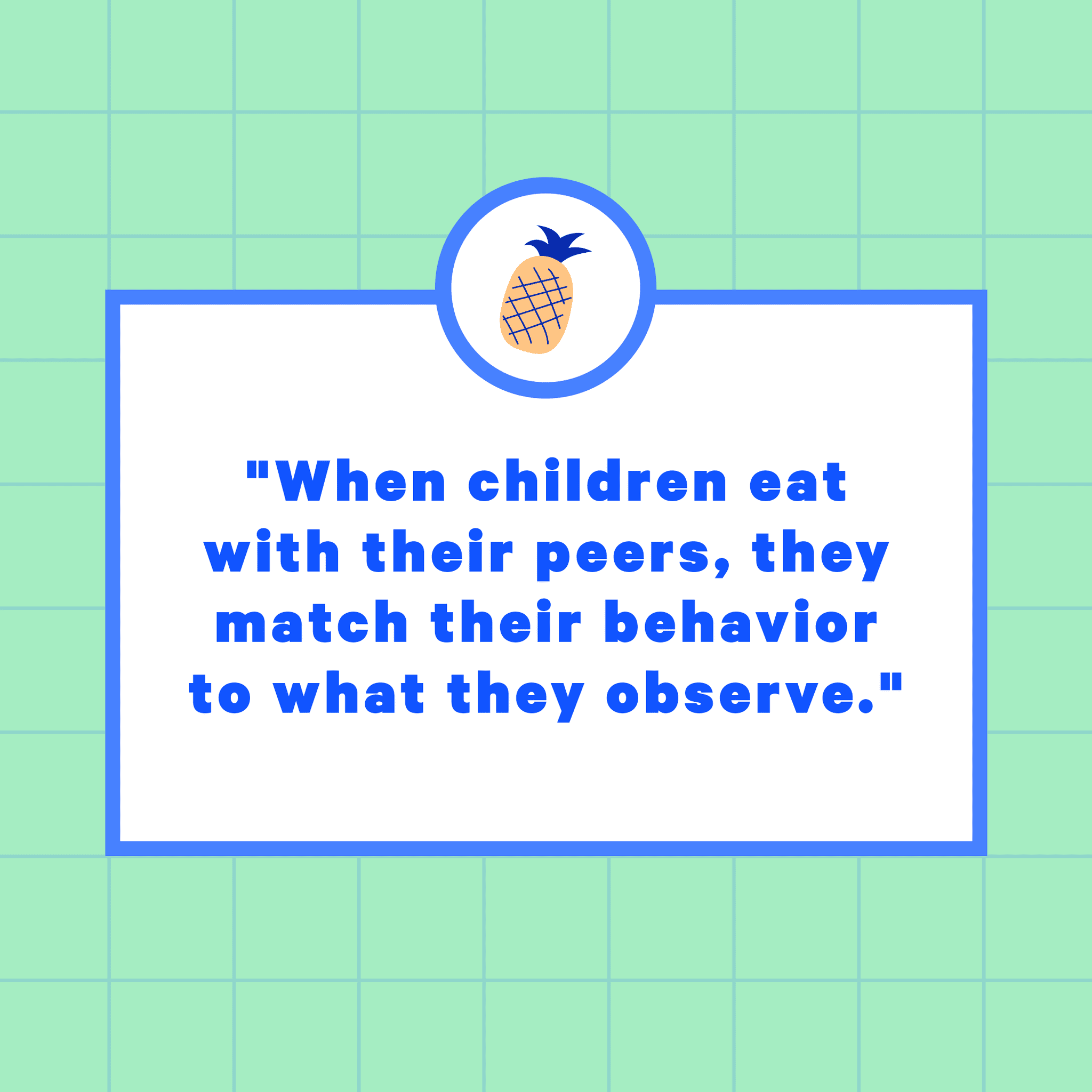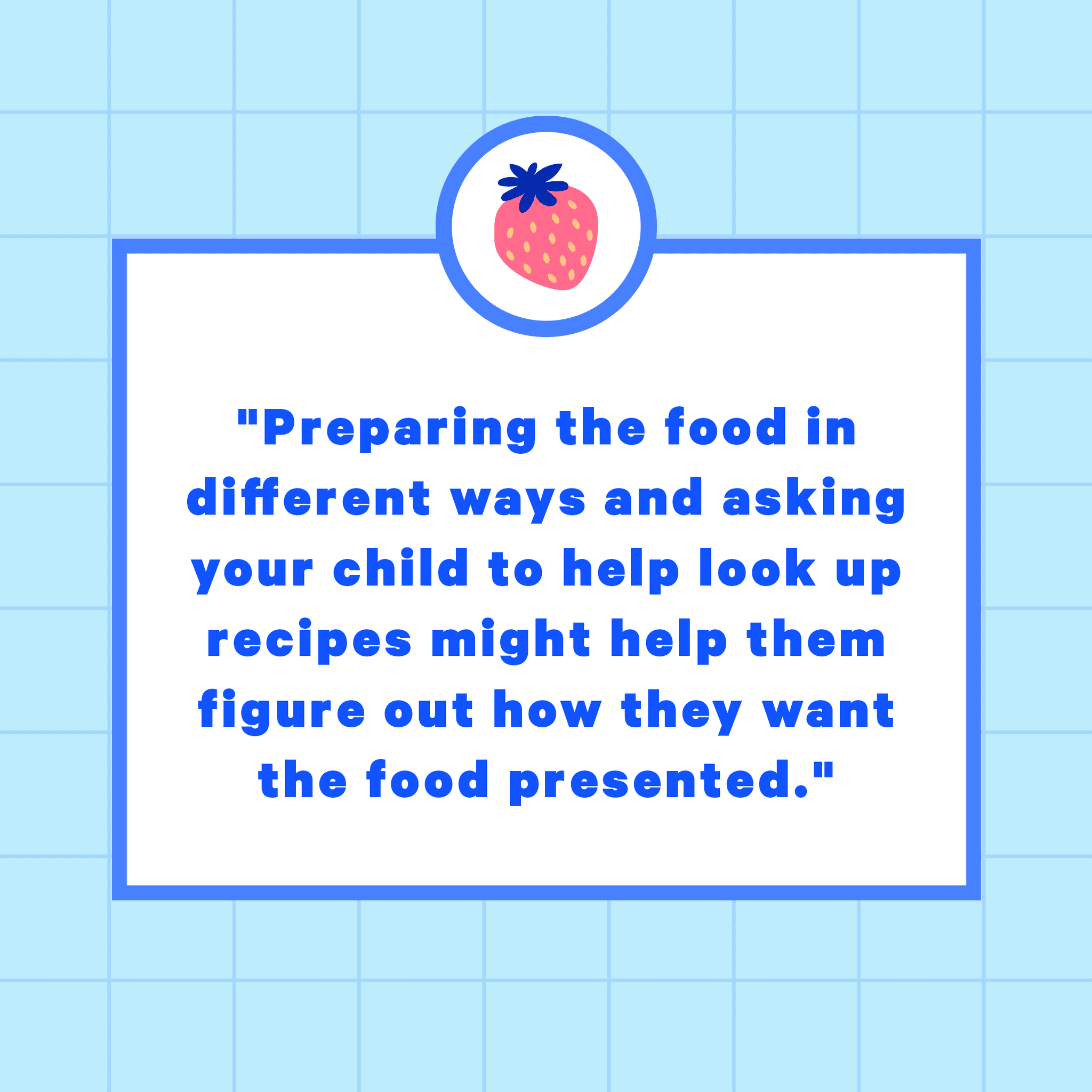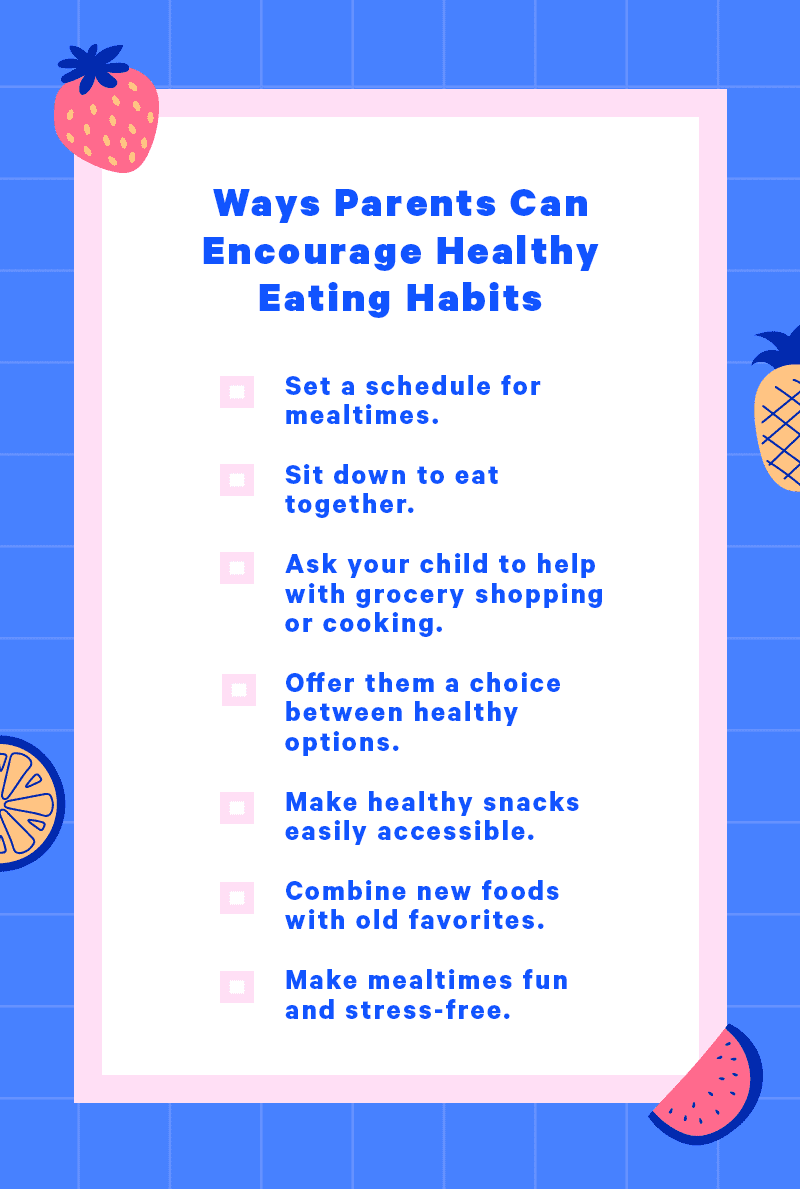
Tips For Feeding Picky Eaters During Distance Learning
5 Doctor-Approved Tips For Feeding Picky Eaters During Distance Learning

As if distance learning weren't already tough enough, parents of picky eaters face an extra challenge: getting their kids to eat a nutritious breakfast and lunch during the virtual school day. All of the changes to the normal school routine can make kids with selective palates even more difficult to please.
This is something Dr. Patty Sabey, a pediatrician at Altos Pediatric Associates with Stanford Children's Health, has noticed in both her patients and the four kids in her household. Extra stress and anxiety can easily translate into changes in children's eating habits, and since many parents are working from home, they're also becoming a bit more observant of their kids' behavior.
Making sure your child eats a proper diet is incredibly important — and not just for their nutrition. "The earlier children have a variety of tastes introduced through different types of food, the more it can help them long-term," Dr. Sabey said. "Having properly balanced nutrition early on can actually train the child's taste buds to embrace all the different foods." Read on to discover five strategies parents can use to encourage picky eaters to try new things, including a tried-and-true game Dr. Sabey plays with her own kids.
Attending school remotely means that many children are adjusting to a totally new routine. Instead of getting up early to catch the bus or carpool to school, kids might be sleeping in more, which throws off their usual breakfast time. Plus, parents who are temporarily working from home also have a different routine.
All of those changes mean children might be dealing with an altered eating schedule. Dr. Sabey said that she's seen patients who have started skipping breakfast altogether since they're waking up so much later than normal, as well as patients who are snacking all day long.
One easy solution parents can try is setting a family schedule. "Sometimes making a list or a simple overview of the schedule for the day with mealtimes, family time, and break time can help the child set some expectations" and keep their eating habits on track, Dr. Sabey said.

Kids are also really missing the social aspect of in-person school, including lunchtime in the cafeteria. "When children eat with their peers, they match their behavior to what they observe," Dr. Sabey explained. Even picky eaters might be more interested in trying something new if they see a friend do it.
Making plans for your child to safely socialize with friends through video chats or socially distant outdoor activities can help, but Dr. Sabey said parents can also encourage healthy eating habits by simply having meals together. "If you are eating with them and making a lot of positive expressions about the food, they might still reject the food at first, but if they watch you eat and enjoy the food, they're more likely to try it," she said.
Eating together is also a great opportunity to enjoy some quality bonding time as a family. Dr. Sabey recommended parents put away all devices and turn off the TV at mealtimes so they can really focus on the conversation with their children. "Mealtimes are good opportunities to talk about their worries, their stress, their anxiety, or even just what's going on," she said.

Sometimes, an act as simple as washing a piece of fruit can make a child more curious about foods — even ones they don't think they'll like. Dr. Sabey said asking your picky eater to help you grocery shop, wash fresh produce, or even stir a pot on the stove can motivate them to try something new. "Preparing the food in different ways and asking your child to help look up recipes might help them figure out how they want the food presented," she said.
Choosy kids might also be looking for some control over what they're eating, so it can be helpful to offer them options. "Present them with some simple choices within what you would like them to eat," Dr. Sabey said. "If you want them to eat some fruit, instead of presenting just apples, you can present apples and peaches and blueberries." Even the ability to choose which plate or cup they use can help a child feel more empowered and more willing to try a new food. Making healthy snacks easily accessible is another way to encourage children to choose healthy options.

Dr. Sabey said pairing an unfamiliar ingredient with something they already know and love can help picky eaters get over the fear of the unknown. "Add something familiar like a favorite sauce or a dip, or pair the meal with their favorite beverage," she said. Even serving it on a plate featuring their favorite movie or cartoon character might make kids more excited about the new food.
It can also be helpful to encourage picky eaters to simply taste new foods — they don't have to clean their plate on the first try. "Take the pressure off by saying, 'It's OK if you don't want to swallow all of it,'" Dr. Sabey said.
Making mealtimes fun can also help choosy kids feel more comfortable trying different foods. Dr. Sabey often plays a game she calls food analysis with her own kids. She'll cook an ingredient her kids haven't tried before, then serve it with different spices, flavors, and sauces and ask her kids to rate it. "You can have a piece of paper with stickers for young children or star ratings for older children and have them rate the food," she explained. Turning trying new things into a game reframes it as a positive experience, rather than something kids should worry about.
It's all about trial and error — something Dr. Sabey experienced firsthand as a parent. "My daughter would not eat cooked spinach by itself, but if it's in spanakopita, she would eat it," she said. "My son would not just eat a spinach salad, but if you put spinach in a sandwich, he loves it."
Dr. Sabey encouraged parents of picky eaters to test out a few of these strategies at home, as well as contact their pediatrician for expert advice. Parents of children who are so picky that they start losing weight or feel fatigued all the time should set up an appointment with their pediatrician right away so their child can be evaluated for more severe nutritional deficiencies. Behavioral issues such as acting out would also be another reason to seek expert medical advice.
